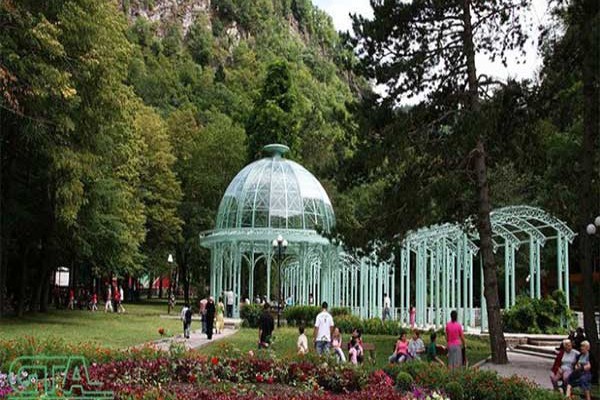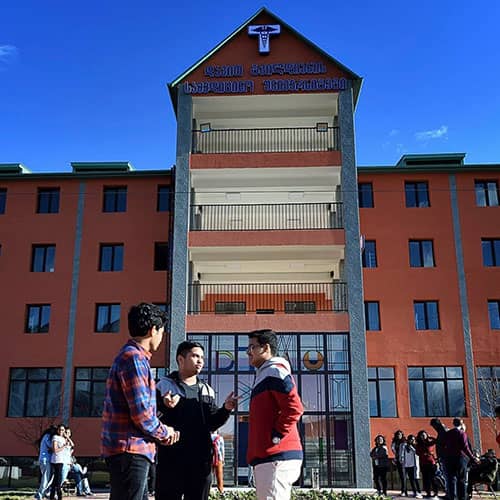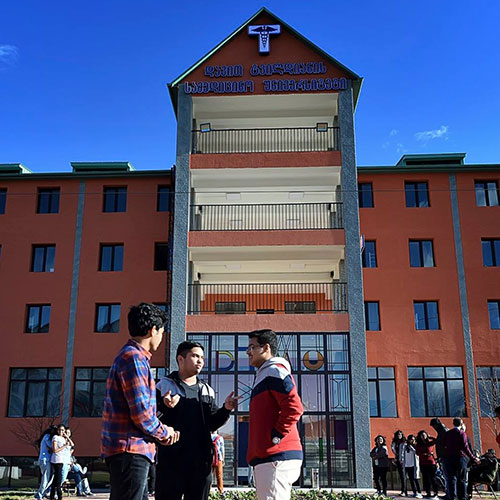What Higher Education Means to Georgians
Georgia separated from the Soviet Union in 1991 and is now a member of the Council of Europe.
Till 2003 it was considered to be a mismanaged state – since then the country has made great strides at all levels, and many reforms have been made, specifically, in the Georgian education system. Today, education is mandatory for children ages 6-14. Once the students finish secondary school they have the option to undertake higher education. However, students must pass the Unified National Examinations before getting enrolled at state accredited education institutions. There is intense competition and seats are limited.
A degree program is usually 4-5 years and one may continue towards a masters degree (2 years) or a doctorate (3 years) program. Georgia has more than 20 higher education institutions that are accredited by the Ministry of Education & Science. Enrollment at all levels of higher education is one of the highest in Eurasia.
The main center for higher learning is Tbilisi, which is home to several major universities, of which the most well known is David Tvildiani Medical University. Today this medical school is teaching syllabus based on USMLE Program which is known internationally. Other renowned universities in Tbilisi include Georgian Technical University, Caucasus University and Free University of Tbilisi.
During the Soviet era university education was not enforced and it was a privilege. Many older Georgians never received any university education but now that Georgia has become an independent country, it has heavily invested in education for younger people. With advances in technology permeating every facet of life, Georgians are fully aware that life without education is not an option. As Georgia starts to integrate with the Europe it is slowly changing its education curriculum so that it can bring it to the levels of the European standards – this also provides a major advantage for students as their education can be accepted anywhere in Europe, where they will be free to work.
Today, Georgia universities offer degrees in over 300 specialties. While most of these are in Georgian language, some universities like DTMU teach in English language only. The Georgian universities follow an academic calendar very similar to that of Europe, which starts in September and ends in June. There is a two month break for the summer. The Ministry of Education and Science is responsible for the universities and schools and ensures that there is a uniform curriculum in each of the colleges. Education at high school level is free but courses at colleges and universities are chargeable. However, the fees is much less than what is seen in the US or Europe. For students who excel, scholarships are provided.
Because of the solid education system, Georgia today attracts students from all over the world to train as scientists, engineers and doctors. Once the training is completed, these graduates are able to find jobs easily because of their training.



